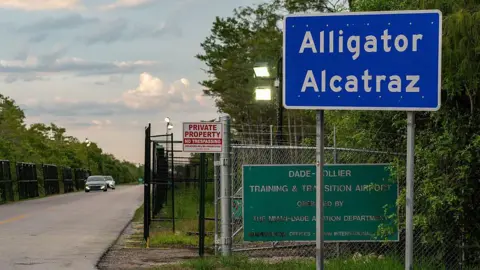Decarlos Brown Jr. was arrested for the fatal stabbing of Ukrainian refugee Iryna Zarutska aboard a North Carolina commuter train. Following the incident, he was swiftly transferred to a state mental hospital for evaluation. This stands in stark contrast to an earlier arrest in January, which left him awaiting a mental health evaluation for over six months.
Brown's previous run-in with the law began in 2014, with charges including being a felon in possession of a firearm. Experts have stated that there have been numerous missed opportunities within the mental health and criminal justice systems that might have prevented this tragedy.
According to Kenneth Corey, a former department chief for the New York City Police Department, multiple failures within both justice and mental health systems contributed to the situation: I think there are multiple failed opportunities here, in the mental health space and in the criminal justice space. He emphasized the need for more proactive approaches in handling cases like Brown's, particularly regarding repeat offenders.
At the time of his stabbing charge, Brown was also charged in federal court for his actions on the train. The Justice Department's filing marked his first federal case, coming on the heels of accumulating infractions within state courts. This escalation emphasizes the ongoing lack of coordinated resources and attention given to individuals suffering from mental illness who also have violent tendencies.
The stabbing itself was captured on video, showing Zarutska boarding the train and sitting in front of Brown moments before he attacked her without any interaction. Calls for increased security and safety measures on the Charlotte Area Transit System have amplified amidst these events, as officials hope to address community safety concerns.
The Trump administration has drawn attention to this case, framing it within their narrative of rising crime in Democratic-led cities, while various officials have begun discussions aimed at increasing funding for mental health evaluations within law enforcement.
As Brown's case moves forward, it raises broader questions about ensuring timely justice and mental health support for both offenders and potential victims, particularly in the wake of tragic events that could have possibly been prevented.




















